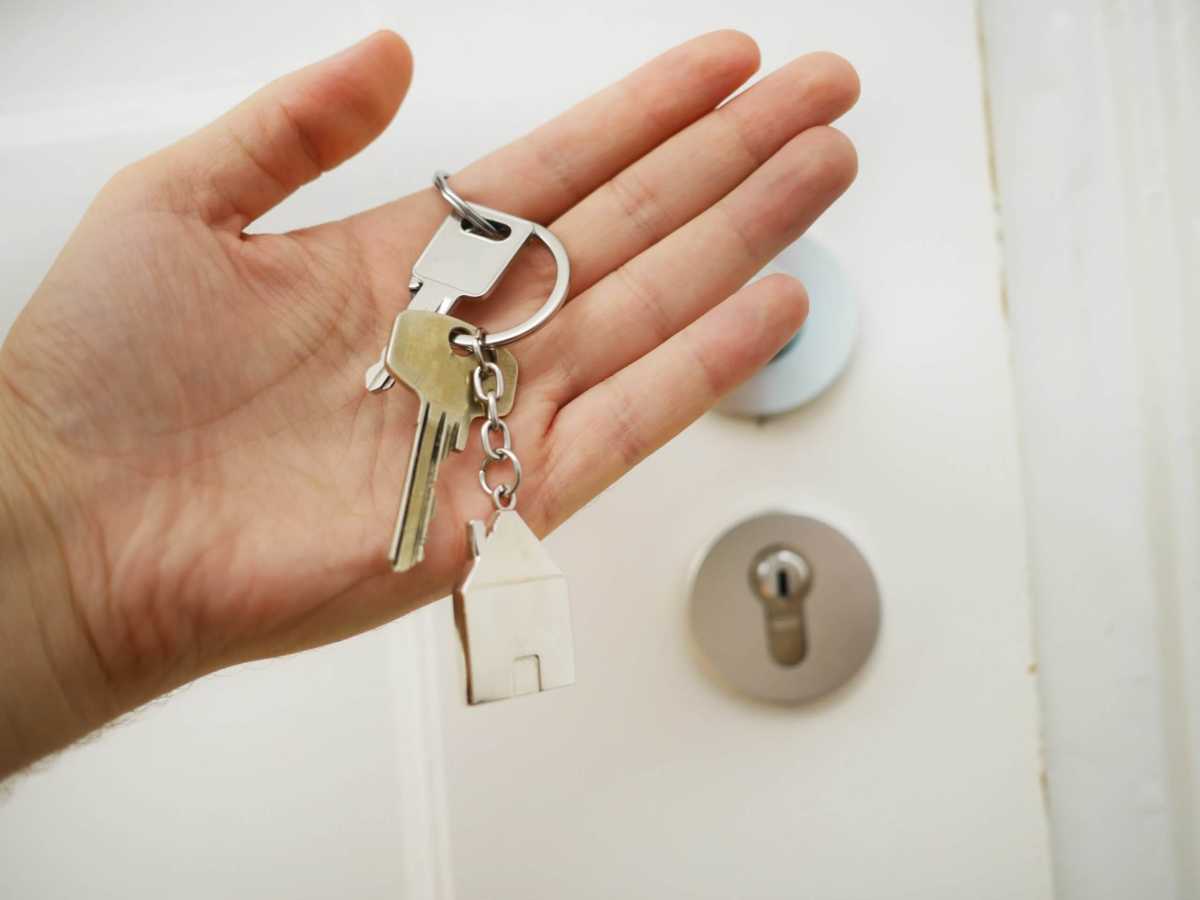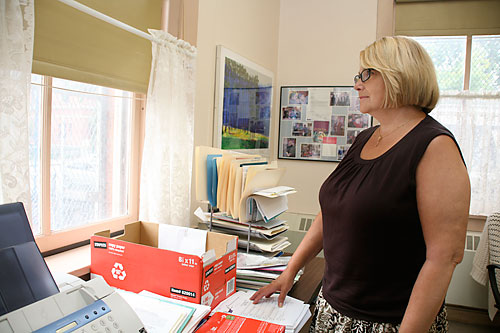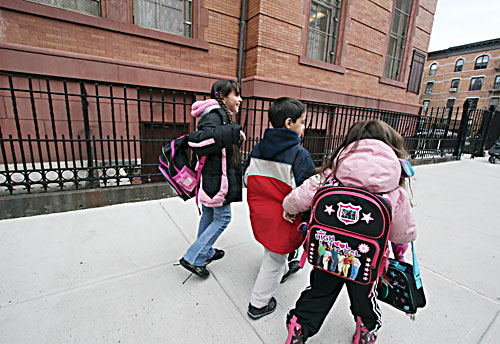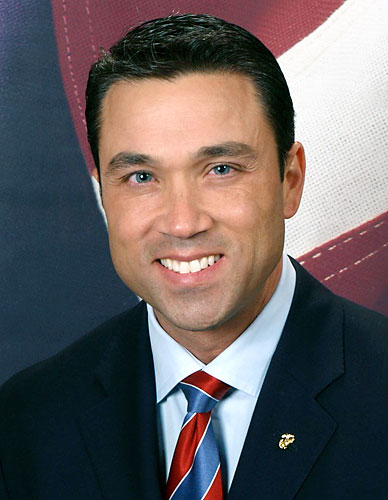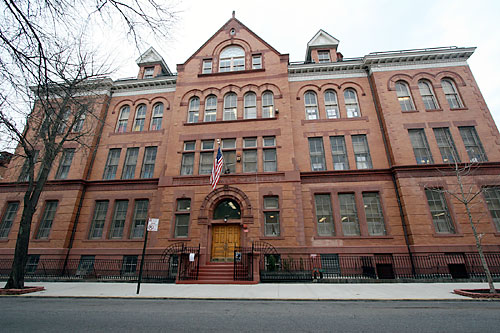More than 50,000 Brooklyn homeowners may be eligible for a $300 property tax rebate next year, according to a new analysis by the city’s monetary watchdog, the Independent Budget Office.
The estimate comes from a new report released by the IBO analyzing Mayor Bill de Blasio’s executive budget proposal.
The mayor’s budget included the proposed one-time rebate, effective in 2022, for owners of properties in Tax Class 1, which includes one, two, and three-family homes which are the owner’s primary residence. The IBO estimates that this will include about 300,000 properties citywide, including 54,055 in Brooklyn, and that the program would cost an estimated $90 million.
The mayor’s January preliminary budget proposal had called for using stimulus funds to provide a tax rebate to 293,000 owners of properties with a market value under $500,000. The proposal from the executive budget, which was released in April, is less specific about eligibility requirements but specifies that the credit would be for $300. The IBO’s estimate assumes that the rebate will go to the 300,000 Class 1 homes with the lowest values, out of 700,000 total in the city.
Asked for clarification, the mayor’s office told Brooklyn Paper that the preliminary proposal was not changed for the executive budget. The IBO, in response, said that their estimate remains roughly the same at either 293,000 or 300,000.
The rebate was proposed in response to an increase in assessed values for Class 1 properties during the pandemic. Large residential properties and commercial properties saw their values drop precipitously during the pandemic, leading to a corresponding drop in rent prices, but Class 1 properties actually increased in value by 5.3 percent, to $23.2 billion.
Brooklyn’s Class 1 properties have the highest median value of any borough, at $602,000, but the second lowest median property tax value at $5,130, per IBO figures. The lowest is Manhattan, which only has 127 eligible properties.
In its response to the preliminary budget, the City Council said that the de Blasio administration should “expand the market value eligibility threshold” and expand the rebate to co-op and condo owners. The Council also claimed that the rebate was not “geographically equitable,” with nearly half of the rebates going to Staten Island homeowners despite its only having 11 percent of the city’s homeowners.
Omar Walker, an architect whose family has owned a Bedford-Stuyvesant brownstone since the 1940s, said that the program would make more sense if it was income-based, as many homeowners in his neighborhood are cash-poor and would benefit from a $300 tax break, but live in brownstones that have increased substantially in value in recent years.
“It should probably be based on income rather than property value,” he said. “That in itself would speak to your means, versus speaking to your home’s values and neighborhood that it’s in. Your home’s value has nothing to do with how much money you have in your pocket.”
The rebate would come on top of an already-passed property tax relief package that was included in the state budget. The state program provides a tax credit of between $250 and $350 for homeowners who make less than $250,000 annually and pay more than 6 percent of their annual gross income in property taxes. That program will be in effect until 2023.


